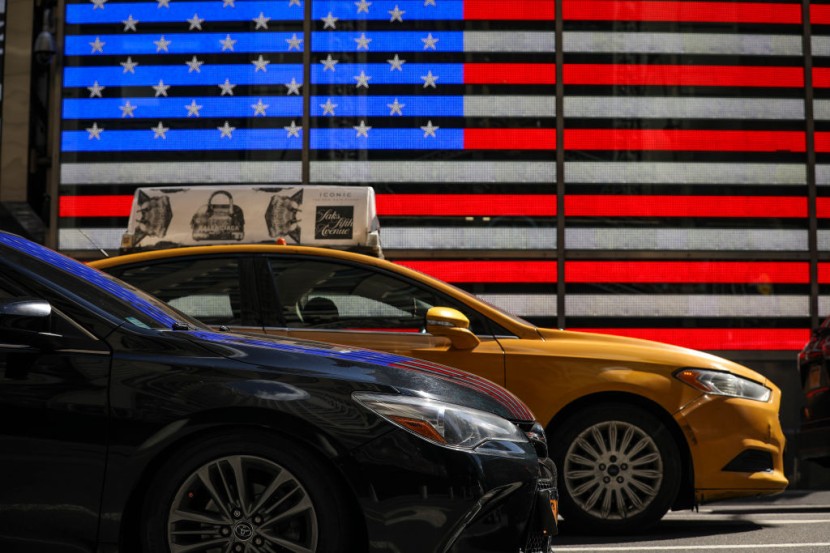
The US Department of Labor Tuesday proposed a regulation that would make it more challenging for businesses to treat employees as independent contractors.
Experts predict that the measure would significantly impact industries that rely on gig workers, such as ride-hailing and delivery services. Uber, Lyft, and DoorDash all saw at least a 10 percent decline in stock prices following the announcement, Al Jazeera reported.
Millions of Americans Rely on Gig Economy
If approved, workers who are "economically reliant" on an employer must be classified as employees and thus be granted greater benefits and legal protections than independent contractors. It may affect everything from corporate earnings and employment to individual salaries and working conditions.
Following a 45-day public comment process that starts on Thursday, the final regulation is anticipated next year. The Labor Department stated that it will take into account several variables, including the worker's potential for "profit or loss, investment, permanency, the degree of control by the employer over the worker," and if the labor is a vital element of the company's business.
According to a poll conducted in December 2021 by the freelance marketplace Upwork, more than a third of US employees, or roughly 60 million people, had engaged in some type of freelance employment in the previous 12 months.
Gig employment is essential to transportation, food, construction, healthcare, and other businesses that employ millions of Americans. In a statement, US Labor Secretary Marty Walsh noted that companies frequently misclassify employees who are vulnerable as independent contractors.
Walsh said that "misclassification" robs workers of their federal labor protections, which includes their legal right to get paid in full. This regulation is the most recent salvo in a heated political debate that has pitted Republican business leaders and corporate interests against Democratic labor unions and advocacy organizations, per Reuters.
It would repeal an Obama-era rule that allows firms to classify workers who own their businesses or who may work for rival companies as contractors, such as a driver who can choose between Uber and Lyft.
On Tuesday, Labor Department Solicitor Seema Nanda argued that a regulation favored by business groups during the Trump administration was inconsistent with decades of federal court judgments. The proposed labor rule incorporates legal guidance published by the Obama administration that was repealed by the Trump administration.
Heavy Burden on Employers
Fox News reported that companies fear a rise in their operational expenses if they are obliged to designate gig workers as employees, which might lead them to reduce wages or halt recruiting altogether. They've also seen that some workers appreciate the freedom to work for many employers if they so want, which is a perk of the gig economy.
Research suggests that employees can increase a company's costs by as much as 30 percent compared to independent contractors because of federal and state labor regulations mandating minimum wage and overtime compensation for employees.
Beth Milito, executive director of the National Federal of Independent Business' legal center commented that the new restriction comes while firms are already struggling with a labor shortage that has driven them to boost pay dramatically to compete with other businesses for a small pool of workers.
"It's just all not good for small businesses," Milito said as the proposed regulation would make it harder for companies to hire the employees they need to remain competitive due to unpredictability and high costs.
There are still around 1.7 jobs available for every individual actively seeking employment, according to current data from the US Department of Labor. Drivers for rideshare apps like Uber and Lyft have expressed opposition to the planned change, claiming the need to be treated as workers might compel the corporations to alter how they operate.
According to some calculations, the ridesharing firms may cut their labor expenses by as much as 20-30 percent by treating their workers as contractors rather than employees.
Related Article : Texas Gov. Greg Abbott Rejects President Joe Biden's Plea To Pardon Inmates with Marijuana Convictions








